 0
comments
|
Tuesday, January 05, 2010
0
comments
|
Tuesday, January 05, 2010

This is wonderful. As African-American people we have endured slavery, Jim Crow, racism, and countless other "isms" but we've always endured and in many cases overcome- and this is exactly the idea behind The Black AIDS Institute's latest campaign "Greater Than" aimed at tackling the HIV/AIDS epidemic in the black community.
Phil Wilson, CEO & Founder of The Black AIDS Institute recently spoke with Regan Hoffman, Editor of POZ Magazine about the message of the campaign, increasing infections among African-Americans, solutions, and the barrier homophobia presents when addressing the crisis in the black community.
From Poz Magazine:
The “Greater Than AIDS” campaign is upbeat and positive. Why did you take this approach for your prevention message?
Wilson: We want to stop pathologizing HIV in a black context. We want to embrace the unbelievable history and journey of black people in America and to use that to inform how we think of HIV and how we fight the disease. Black people have, in fact, been greater than any challenge we confronted in the past. We were greater than the Middle Passage, slavery, Reconstruction, Jim Crow, the turmoil of the ’60s—we were greater than George W. Bush. This campaign is a call to action and says, “If we were greater than all those things, we can be, we will be, we have to be greater than AIDS as well.” This campaign removes HIV/AIDS from the doom and gloom and turns it into a challenge that gives us a chance to once again be victorious.

Do you think positioning HIV/AIDS as a black disease undermines broader awareness and prevention efforts?
Wilson: I’m the Black AIDS Institute. So, my first priority and obligation is to develop messages that resonate with black folks. I’m trying to get their attention. My audience does not believe AIDS is about them. I never say, never imply and never suggest AIDS is only a black disease. I never suggest and never imply it is any less tragic when anyone [else] gets infected with or gets sick or dies from HIV/AIDS. But when 50 percent of all new HIV cases in this country are in black communities, when 50 percent of the 1.1 million people estimated to be living with HIV in America are black and when 50 percent of all AIDS-related deaths in the United States are black, I don’t think there’s any room to debate that AIDS in America is a black disease.

What’s most important for those folks who are not black to understand is that if we do not solve the problem in black communities in America, we cannot solve the problem in America as a whole.
Do you think homophobia is a barrier to awareness and prevention efforts around HIV/AIDS in black America?
Wilson: I definitely think homophobia is a barrier to addressing HIV/AIDS in all communities, including black communities. What I categorically reject is that black communities are any more, or less, homophobic than any other communities. Is there homophobia in black communities? Absolutely. But I don’t believe homophobia is more pervasive in black communities. For LGBTQ people who are black, the consequences of homophobia may be more devastating because we need [our] communities to protect us on the question of race. For example, when I am assaulted on the basis of race, where do I go for sanctuary? If my black church or my black civil rights organization or my black family rejects me because I’m gay, lesbian, bisexual, transgender or questioning, then I lose that sanctuary.

What will end the AIDS epidemic in black America?
Wilson: First and foremost, black America has to take ownership of the AIDS epidemic. We need to stop believing it’s someone else’s problem and it’s happening somewhere else. We need to understand we can’t wait for, or depend on, other folks to save us. If we learned anything from Hurricane Katrina, we should have learned they’re not going to send the boats for us in time. While there is a role for the government, philanthropic organizations and foundations to play, and we should advocate with them—if none of those institutions play their role, if we are left to our own devices, we still have to survive. We have a responsibility to take leadership in our own survival.
To find a testing center in your area click here.
Watch the Greater Than video below:
Greater Than from Greater Than on Vimeo.


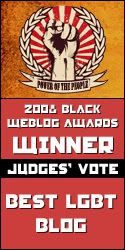
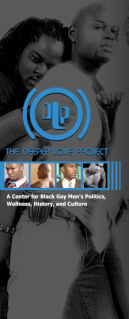

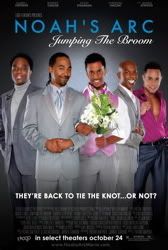
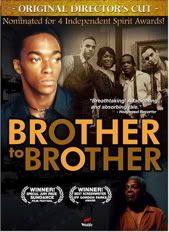
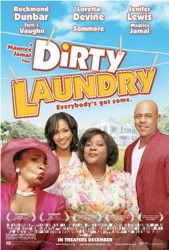
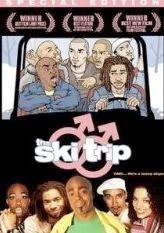
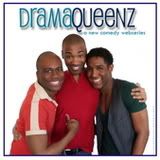
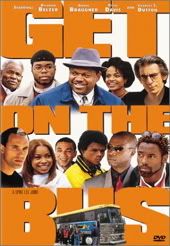
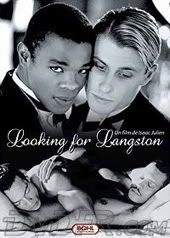
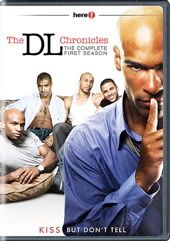

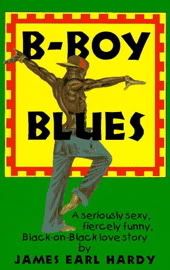
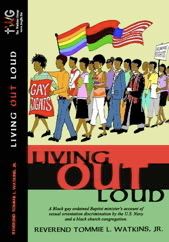
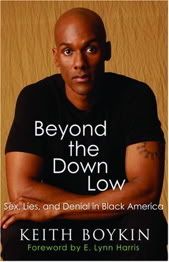

0 Comments:
Post a Comment
<< Home